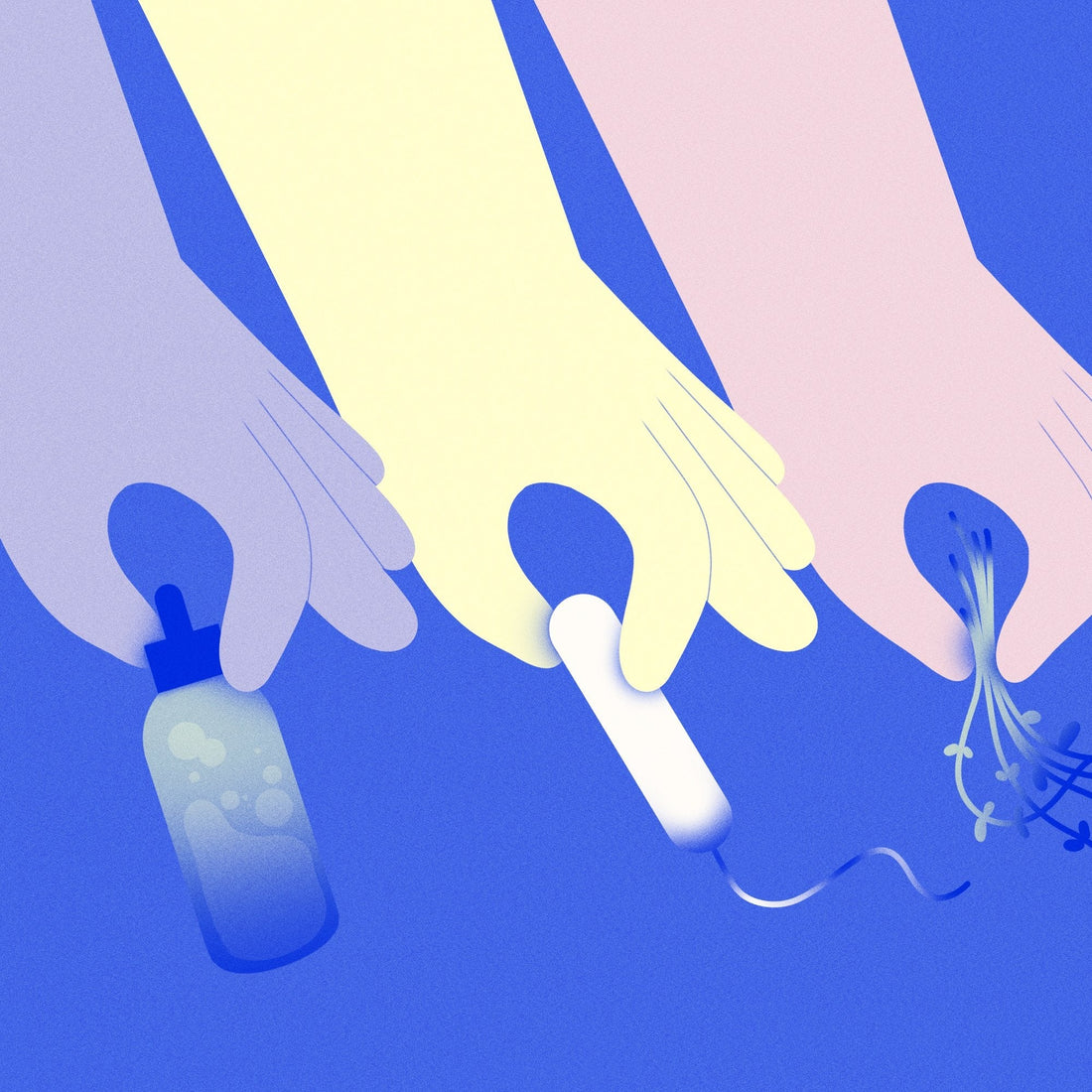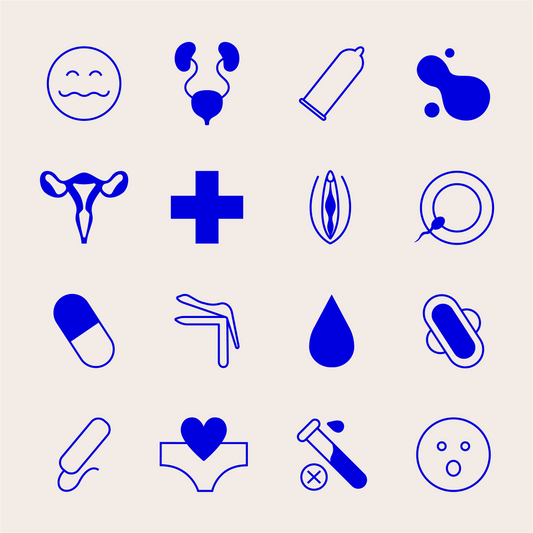People often find themselves concerned about pregnancy and irregular periods, specifically whether or not irregularity can cause difficulty with conceiving. Endometriosis, PCOS, and Bartholin’s cysts are all common conditions that affect how a woman’s reproductive system works - especially her ovaries. You may have heard that those with these conditions cannot get pregnant, and if they do that they will not have a healthy pregnancy. Although these conditions can affect the chances of getting pregnant, and may require your doctor to regulate you more frequently, it is not impossible to get pregnant with these conditions, and in fact, many women have no problems getting pregnant at all. We spoke with hormone specialist, Dr Martin Kinsella, to find out more on whether getting pregnant with these conditions is possible, how they may affect fertility and pregnancy, and ways in which you can help to increase your fertility when experiencing these conditions.
Is it possible to get pregnant with irregular periods?
There are a number of different conditions that cause irregular behaviour of the ovaries and irregular menstruation, says Dr Kinsella:
- PCOS, or Polycystic Ovary Syndrome, is a common hormonal disorder that affects ovaries in women during childbearing years and results in an irregular menstrual cycle, explains Dr Kinsella. Those who have PCOS have ovaries that are slightly larger than normal, and have many more follicles - which are the fluid-filled pockets on the ovaries that release the eggs when you ovulate. Although it is difficult to give statistics as cases vary so much and different treatments have different success rates, most women with PCOS will be able to have a baby with fertility treatment. For women who are under 35, this is even more the case.
- Bartholin’s cysts: Dr Kinsella explains that Bartholin’s cysts are fluid-filled swellings in the Bartholin’s glands, located either side of the vagina, caused by infection or injury. They usually affect sexually active women aged between 20 and 30, and are quite uncommon after menopause, as this often causes them to shrink. Although there is little documented evidence of the effects of Bartholin's abscess on pregnancy and vice-versa, septicaemia is a well-known complication of abscesses, which has the potential of inflicting maternal and foetal morbidity. Pregnancy could increase the occurrence of Bartholin gland abscesses in patients with previous surgical treatment of abscesses. So, for those with a history of Bartholin’s cysts, despite it being a serious issue, various experienced professionals from the medical fraternity say that Bartholin gland cyst does not affect the fertility of a woman.
- Endometriosis: Endometriosis is a disease where tissue similar to the lining of the uterus grows outside the uterus, causing pain and, or, infertility. Unfortunately, those with endometriosis are more likely to have infertility or difficulty getting pregnant. But sources are often divided on this, with some saying that an estimated 60-70% of those with endometriosis can get pregnant spontaneously. It often depends what stage of endometriosis you are in. Stage 1 is the most mild, ranging up to stage 4. This scoring system correlates with pregnancy success. Women with severe (stage 4) endometriosis, which causes considerable scarring, blocked fallopian tubes, and damaged ovaries, experience the most difficulty becoming pregnant and often require advanced fertility treatment.
How irregular cycles can play a part in getting pregnant, and difficulties during pregnancy
“For women, PCOS is one of the most common causes of infertility,” says Dr Kinsella. The hormonal condition sees women who tend to have high levels of male sex hormones or androgens. Dr Kinsella further explains how PCOS can cause irregular periods and irregular ovulation which is what can make conception more difficult. Women with PCOS also have a higher likelihood of needing a caesarean delivery because their babies might be larger than expected for their gestational age. But, if you talk things through with your doctor, the risk of these complications can be reduced by monitoring PCOS symptoms and taking extra care during your pregnancy. Similarly, although endometriosis does not always cause infertility it can prevent pregnancy in a number of ways – by affecting egg quality or by causing adhesions and ovarian cysts that affect fertilisation or implantation, says Dr Kinsella. Pain during sex, caused by endometriosis, can also make it harder to conceive. Most women who get pregnant with endometriosis will have a regular pregnancy. Your midwife or doctor may decide to monitor you for high blood pressure, as there is a slightly higher than average risk that you will get some bleeding as you get to full term.
Ways to help you increase fertility with irregular cycles
Dr Kinsella explains that there are several ways you can help to increase your fertility when you are suffering with irregular ovaries. Being a healthy weight, not smoking, reducing your alcohol intake, eating a healthy and balanced diet, getting regular moderate exercise and enough sleep can all help to improve fertility. People with PCOS may find that following an anti-inflammatory diet may help improve their fertility, as can ovulation medications. If you have made changes to your lifestyle and are still struggling to get pregnant, your doctor might take some fertility tests, and prescribe fertility medication to monitor your cycle and help you ovulate. If these options don't work, there are always next steps. Your doctor may perform a laparoscopy to remove tissue, which is common for those who have endometriosis. Or, if all other options have been tried out, in vitro fertilisation, known as IVF, may be suggested - although this can be costly and take a long time. In many cases, those with PCOS, endometriosis and Bartholin’s cysts are able to have healthy pregnancies by making small lifestyle changes.





















































1 comment
Thank you so much I’ve learnt a lot from the Dr’s explanations, I’ve also had this batholin cyst problem and I’m still struggling to conceive but I’ll try what Dr said. Thank u so much